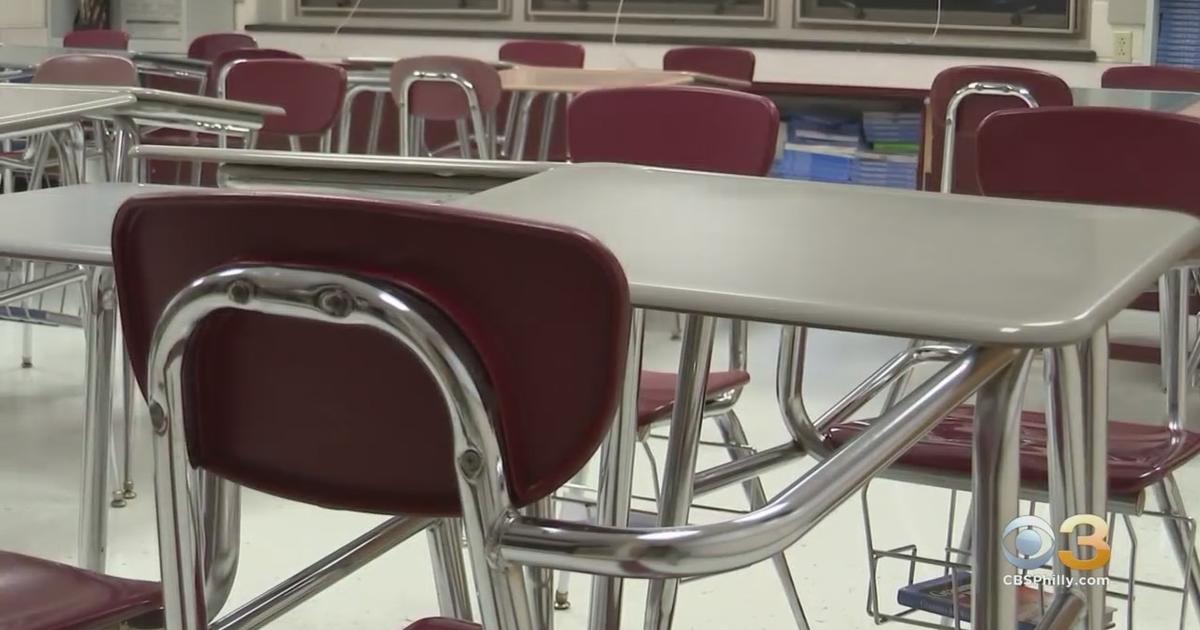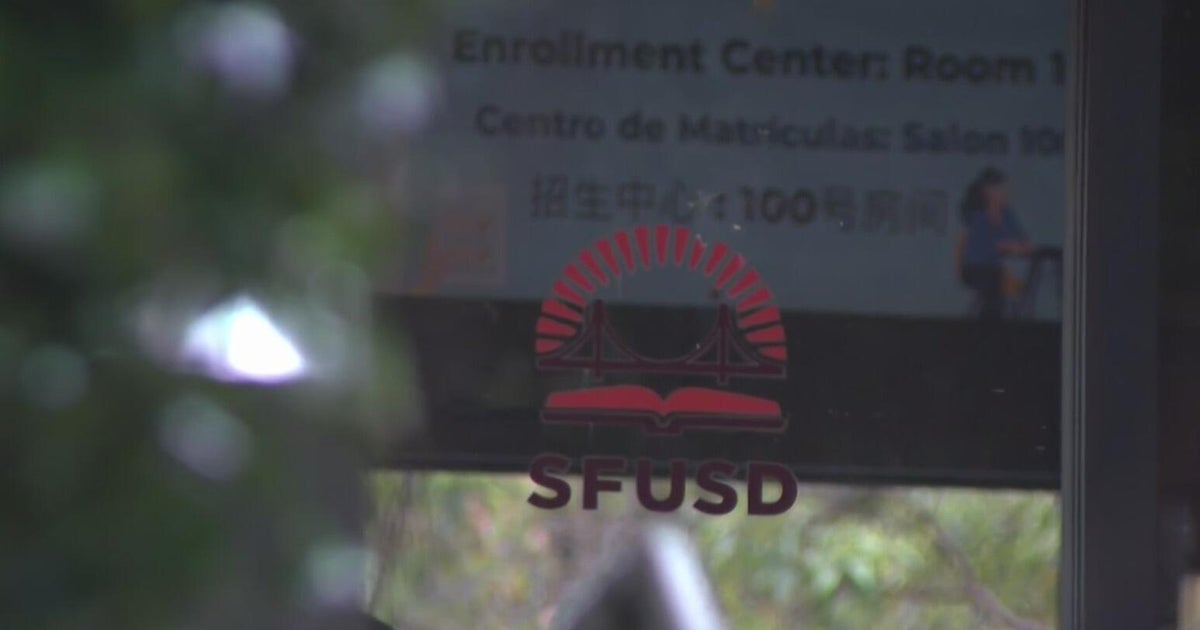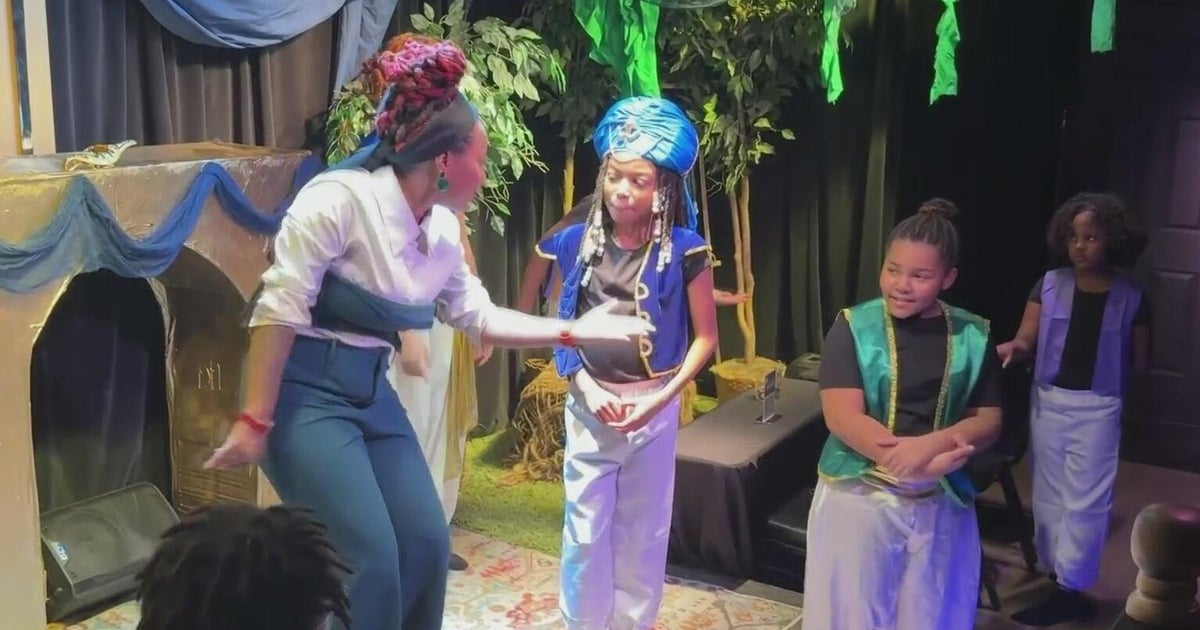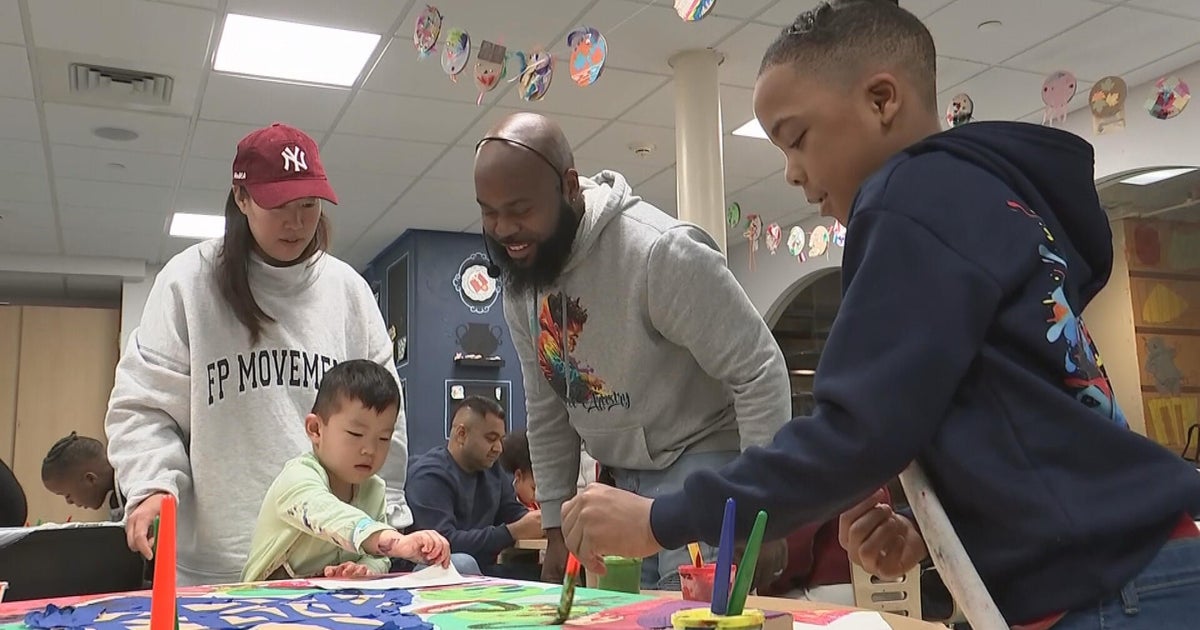Keller @ Large: Parents are in the dark about how COVID affected learning
BOSTON - There's no question that the pandemic impacted our school kids. But a new poll suggests a disconnect between parents and schools over how much.
Nearly halfway through the school year, a new statewide survey by the MassInc Polling Group for the nonprofit Education Trust shows despite all of our pandemic struggles, most public school parents are satisfied with how their kids are doing. "We found parents giving their schools pretty positive grades overall," says MassInc pollster Steve Koczela.
But to Keri Rodrigues, of Woburn, president of the National Parents Union, the poll suggests many parents are in the dark about what's happening. "We're just not seeing accurate communication," she says.
For instance, when asked what they've been told about their students' academic performance, majorities in the poll say they see report card grades and talk with or get notes from teachers. But less than half see the results of diagnostic tests, and barely one-fifth of parents say they get their children's MCAS test results. "If you're getting a report card that says your kid is getting As and Bs, you assume your kid doesn't need tutoring, your kid's all right, where that might just be the kid who needs tutoring more than anybody else in the class," says Rodrigues.
When pollsters asked if their children have been offered extra academic help this year, just 43% of parents surveyed said yes, compared with 53% who said it was never offered. Says Koczela: "Parents by and large don't grasp the full extent of the issue that's facing us here in Massachusetts."
Meanwhile, the MCAS - which measure children's proficiency in key skills compared with all other students - are once again under fire from teacher unions which want them phased out. But Rodrigues says the MCAS should stay.
"We want more data, not less," she said
Beacon Hill is investing $1.5 billion dollars in new funding into the public schools. Will that fix these problems?
Only if these long-awaited new resources produce results that are measured in a way all parties can be confident in. Nobody claims the MCAS is a perfect instrument or that it isn't a pain sometimes for teachers to deal with, but supporters argue it provides baseline accountability for students and teachers that is crucial to deciding where all that money should go and finding our way out of the valley of pandemic learning loss.








